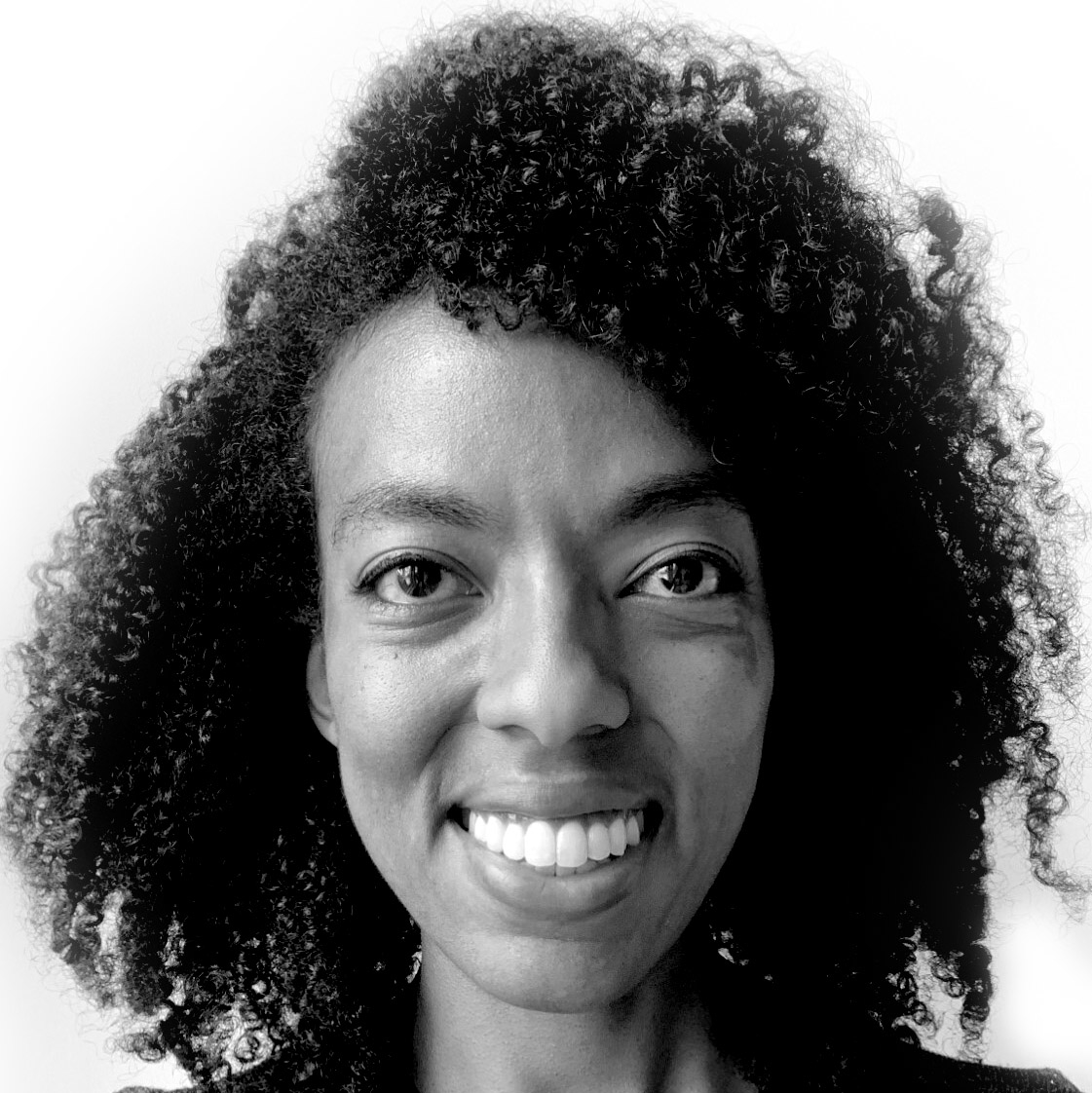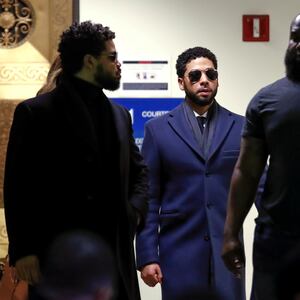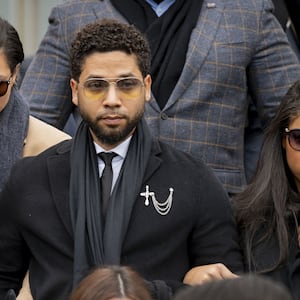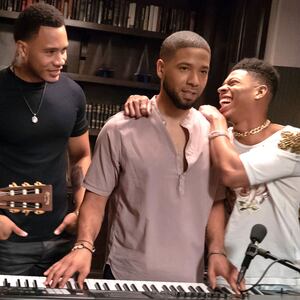Actor Jussie Smollett was found guilty on Thursday of filing a false police report in what prosecutors called a racist, anti-gay hate crime hoax that the star staged against himself.
After nine hours of deliberation, the Chicago jury convicted Smollett—an openly gay, Black actor who for nearly three years has denied accusations that he hired two brothers as assailants in the alleged attack—of five of six counts of disorderly conduct related to filing a false police report in Jan. 2019. He was found not guilty of one count related to telling a detective two weeks later that he was the victim of an aggravated battery.
Smollett, who told jurors days ago that he’d “lost my livelihood” in the wake of the attack, showed little reaction as the verdict was read, according to reporters in the room. He stood at the defense table with his hands folded in front of his dark suit.
The actor’s defense lawyer, Nenye Uche, said his client planned to appeal the verdict and “is 100 percent confident that this will be reversed… (and) that he will be cleared and he will be found to be innocent.”
He was not taken into custody ahead of sentencing, and experts have predicted the actor will likely be put on probation and be required to do community service, although the felony charge carries a potential sentence of up to three years in prison.
During a closing argument on Wednesday, Special Prosecutor Dan Webb said there was “overwhelming” evidence that Smollett had orchestrated plans for an attack that was meant to boost his profile.
“He did not want the crime solved, he wanted to report it as a hate crime,” Webb said. “He told the brothers he wanted the media exposure, but he didn’t want the brothers apprehended.”
Abimbola and Olabinjo Osundairo said in damning testimony last week that Smollett had paid them to carry out the task of roughing him up and slipping a noose around his neck after dousing him in bleach. They also claimed that Smollett had walked them through a “dry run” days before.
“He wanted me to tussle and throw him to the ground and give him a bruise while my brother Ola would pour bleach on him and put a rope around him, and then we would run away,” Abimbola Osundairo testified.
Smollett on Monday had denied the brothers’ claims that he had written them a check for $3,500 in exchange for playing the role of attackers, insisting that the money was actually an “upfront” payment for nutrition and exercise advice to help him get toned for a music video.
“Have you ever planned a hoax?” Smollett’s attorney asked him when he took the witness stand for nearly six hours on Monday.
“Never in my life,” he declared.
Uche sought to undermine the idea that Smollett would have staged a fake attack by Trump supporters in the Windy City, saying in a closing argument on Wednesday that the actor had lived in Chicago for five years and lacked a motive.
“He’s dumb enough to go into Obama’s city and say there are Trump supporters running around with MAGA hats?” he asked the jury.
“Not only does Jussie have a lack of motive. He has anti-motive,” Uche later claimed, adding that Smollett had planned to shoot a “historic” episode during the week of the attack and “couldn’t afford to have anything happen to his face.”
A month after the 2019 attack, the Cook County State’s Attorney’s Office dropped all charges against Smollett under an agreement that the actor would do community service and forfeit the bond paid for his release without admitting guilt. But the case was revived when a judge called on Webb to review how it was handled. Criticizing Cook County for dropping charges, Webb announced in February 2020 that a grand jury had issued a new indictment.
Smollett on Monday had also detailed an alleged sexual relationship with Abimbola, including visits to a bathhouse. He said that Abimbola had repeatedly offered to be his security guard and had instructed him on a workout regimen. The actor said that in spite of his closeness with Abimbola, he was at times “creeped out” by his older brother, Olabinjo.
Smollett on Tuesday told jurors that the brothers were “liars” for tangling him up in what he described as a real assault. The actor also flatly denied that he had refused to turn over complete cell phone records to authorities due to the possibility of them surfacing damning evidence against him, saying that his chief interest was protecting his privacy.
Wednesday’s verdict followed a contentious and at times heated cross-examination of Smollett.
On Tuesday, Webb had tried to chip away at Smollett’s account of the incident by questioning the actor’s description of at least one of his attackers as white, suggesting that he had labeled the man that way to make the publicity stunt more believable.
“Did you think by saying that the people that attacked you were white, it would lend credibility to a fake hate crime?” Webb asked.
Smollett snapped back: “You’d have to ask someone that did a fake hate crime.”
Days after the trial began on Nov. 29, Smollett told the jury that he had hesitated to come forward to police at all because of his celebrity and his own mistrust of law enforcement as a Black, gay man.
“I am a Black man in America. I do not trust the police,” he said.
Webb on Wednesday pushed back, suggesting that Smollett lacked “any credibility whatsoever,” according to the Associated Press.
“Besides being against the law, it is just plain wrong to outright denigrate something as serious as a real hate crime and then make sure it involved words and symbols that have such historical significance in our country,” Webb said.









